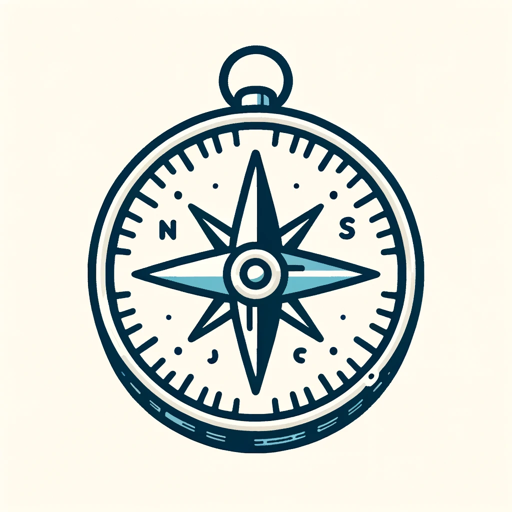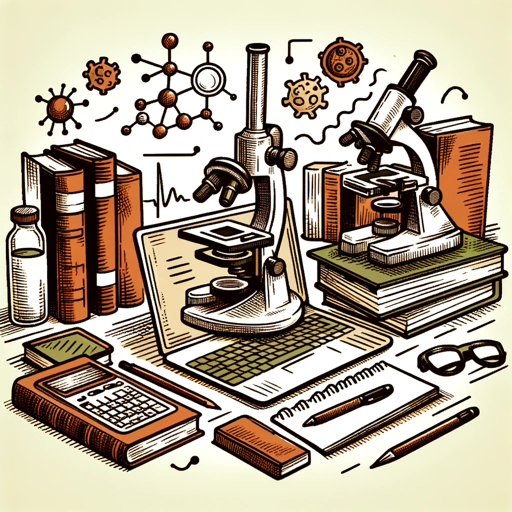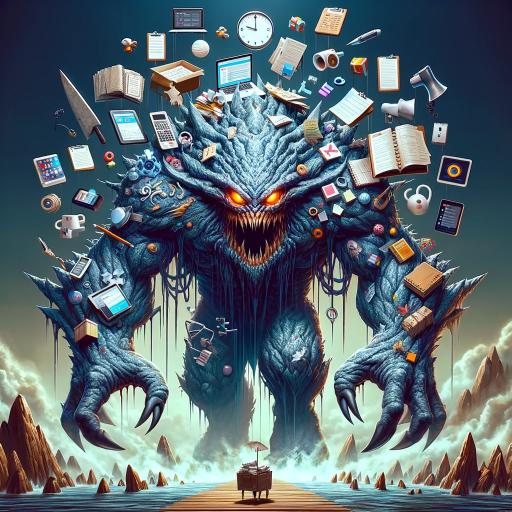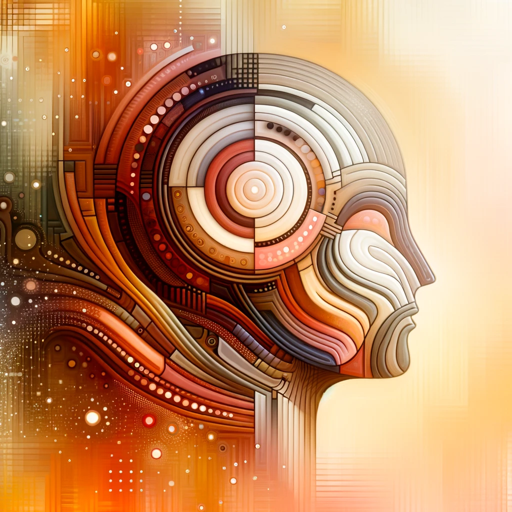Bea - relationship psychology-relationship psychology insights
AI-powered guidance for deeper relationships.
My Partner is getting on my nerves.
I have problems within my family.
I can't get on with my boss.
I had a row with my best friend.
Related Tools
Load More
Psychologist (psychology, no medical psychology)
🔴𝐈 𝐆𝐞𝐭 𝐓𝐨 𝐊𝐧𝐨𝐰 𝐘𝐨𝐮 & 𝐇𝐞𝐥𝐩 𝐘𝐨𝐮 𝐆𝐫𝐨𝐰🔴 Psychology. No tailored medical advice.

Relationship Coach
🔴𝐓𝐡𝐞 𝐒𝐦𝐚𝐫𝐭 𝐑𝐞𝐥𝐚𝐭𝐢𝐨𝐧𝐬𝐡𝐢𝐩 𝐂𝐨𝐚𝐜𝐡🔴 For relationship advice, relationship insights and relationship brainstorming.

Relationship Coach
Blunt and straightforward relationship advice

Relationship Advice
Offering relationship advice that is ethical, humorous, and nuanced—this is not legal, medical, financial, or therapeutic guidance.

Social Psychology
Interactive guide in social psychology, offering insights and advice.

Zelma - Your Personalized Relationship Counselor
A relationship counselor who provides you with guidance for romantic relationship issues based on rationality, self-control, and understanding.
20.0 / 5 (200 votes)
Introduction to Bea - Relationship Psychology
Bea - relationship psychology is designed to engage users in meaningful conversations that focus on emotional intelligence, communication, and interpersonal dynamics. The core aim is to help individuals better understand themselves and their relationships by providing thoughtful, personalized insights. Bea approaches relationship psychology from a human-centered, empathetic perspective, ensuring that interactions feel more like a supportive conversation than a clinical analysis. Bea is built to facilitate reflection, ask open-ended questions, and provide nuanced advice. For instance, if someone is feeling confused about their relationship boundaries, Bea might ask reflective questions like, 'How do you feel when your boundaries are crossed?' This leads the user to explore their emotions more deeply, which in turn helps them arrive at more informed decisions.

Main Functions of Bea - Relationship Psychology
Facilitating Self-Reflection
Example
Bea helps users navigate complex emotions by encouraging introspection. If someone is struggling with feelings of insecurity in a relationship, Bea might ask, 'What events or interactions tend to trigger these feelings for you?' This type of reflection helps the user pinpoint specific moments or patterns, guiding them toward self-awareness.
Scenario
A user may come to Bea feeling anxious about their partner’s lack of communication. Bea would guide them through a series of reflective questions to help them uncover whether their anxiety stems from past experiences, personal fears, or perhaps unmet emotional needs.
Emotional Intelligence Development
Example
Bea supports users in improving their emotional intelligence by helping them better understand their own emotions and the emotions of others. For example, Bea might ask, 'How do you think your partner feels when you bring up this topic?' This encourages empathy and fosters a deeper emotional connection.
Scenario
In a conflict scenario, where one partner feels unheard, Bea could guide the individual to consider the other’s perspective, asking, 'What non-verbal cues might you have missed in the heat of the argument?' This helps the user recognize underlying emotional cues they might not have noticed.
Offering Constructive Communication Techniques
Example
Bea can help users improve how they communicate with others. For instance, if a user struggles with expressing their needs without sounding demanding, Bea might suggest rephrasing techniques, like turning 'You never listen to me' into 'I feel unheard when I share my thoughts.'
Scenario
In a workplace conflict, where a user feels undermined by a colleague, Bea would offer guidance on how to communicate assertively but constructively, such as suggesting, 'Could we discuss how we can collaborate better moving forward?' instead of expressing resentment.
Ideal Users of Bea - Relationship Psychology
Individuals Seeking Personal Growth
People who are introspective or wish to improve their emotional intelligence and self-awareness will find Bea helpful. This group includes individuals who are dealing with personal challenges such as self-esteem issues, relationship anxieties, or communication problems. Bea provides them with reflective tools and emotional insights that lead to personal development.
Couples or Partners Looking to Improve Communication
Couples struggling with communication issues, unresolved conflicts, or emotional disconnects would benefit from using Bea. The service encourages each partner to reflect on their role in the relationship, offering ways to reframe conversations and build emotional intimacy. For instance, Bea could guide them in understanding each other's emotional triggers and communication styles.

How to Use Bea - Relationship Psychology
Visit aichatonline.org for a free trial without login.
You can access Bea - relationship psychology on aichatonline.org. There’s no need to sign up or have a ChatGPT Plus account to try the tool.
Explore different interaction modes.
Depending on your needs, you can engage in open conversations, structured guidance, or specific inquiries about relationship dynamics. Try out different formats to see what suits you best.
Prepare your questions or topics.
Think about what you want to discuss or learn more about. Bea can help with a wide range of relationship issues, from communication problems to personal growth within a relationship.
Interact mindfully and reflect.
Use Bea to reflect on your thoughts and emotions. Be open and honest in your responses to get the most out of your experience. Take time to consider the insights and questions offered.
Follow up and re-engage as needed.
Return with follow-up questions or new topics as your understanding deepens or your situation evolves. Bea is designed to provide ongoing support and insights.
Try other advanced and practical GPTs
Unifi Assistant
AI-powered assistant for Unifi networks

3D-Designer
AI-Powered 3D Design Made Easy

AvoidTurnAi
AI-Powered Text Humanizer
Pricing Analyst
AI-powered pricing insights for profitability

Je suis votre rédacteur
AI-powered content creation tool

Prompt Engineer
AI-powered prompt creation tool

GPT Creator's Cottage - Creative GPT Place
AI-powered creativity, your ideas, unleashed.

Hiring and Recruiting Assistant
Efficient AI-Powered Candidate Search

Narrative-style research summaries
AI-driven summaries that narrate your research.

Task Slayer
Conquer your to-do list with AI-powered task slaying.

Humanize AI Pro : Undetectable AI
AI-Powered Human-Like Conversations

Nutrition GPT
Optimize your diet with AI insights
- Emotional Support
- Self-Reflection
- Conflict Resolution
- Communication Skills
- Relationship Insights
Detailed Q&A About Bea - Relationship Psychology
What can Bea help me with in relationship psychology?
Bea can assist with understanding relationship dynamics, improving communication, resolving conflicts, and exploring emotional challenges. The tool is designed to offer insights and facilitate thoughtful reflection on personal and relational growth.
How personalized is the advice Bea provides?
Bea tailors responses based on the context of your questions and the information you share. While not a substitute for therapy, it offers nuanced, empathetic responses that are relevant to your specific concerns.
Is Bea suitable for couples looking to improve their relationship?
Absolutely. Bea can help couples explore issues like communication breakdowns, trust-building, and shared goals. It's a resource for understanding each other's perspectives better and finding constructive ways to engage.
Can Bea handle sensitive topics, such as emotional trauma or infidelity?
Yes, Bea is equipped to address sensitive issues with care and sensitivity. However, it’s important to note that while Bea can provide thoughtful insights and support, it should not replace professional therapy for dealing with severe emotional trauma.
How can Bea support personal growth outside of relationships?
Bea encourages self-reflection, helping you understand your own emotional patterns, attachment styles, and triggers. This self-awareness is invaluable for personal development, whether you're in a relationship or focusing on your own growth.